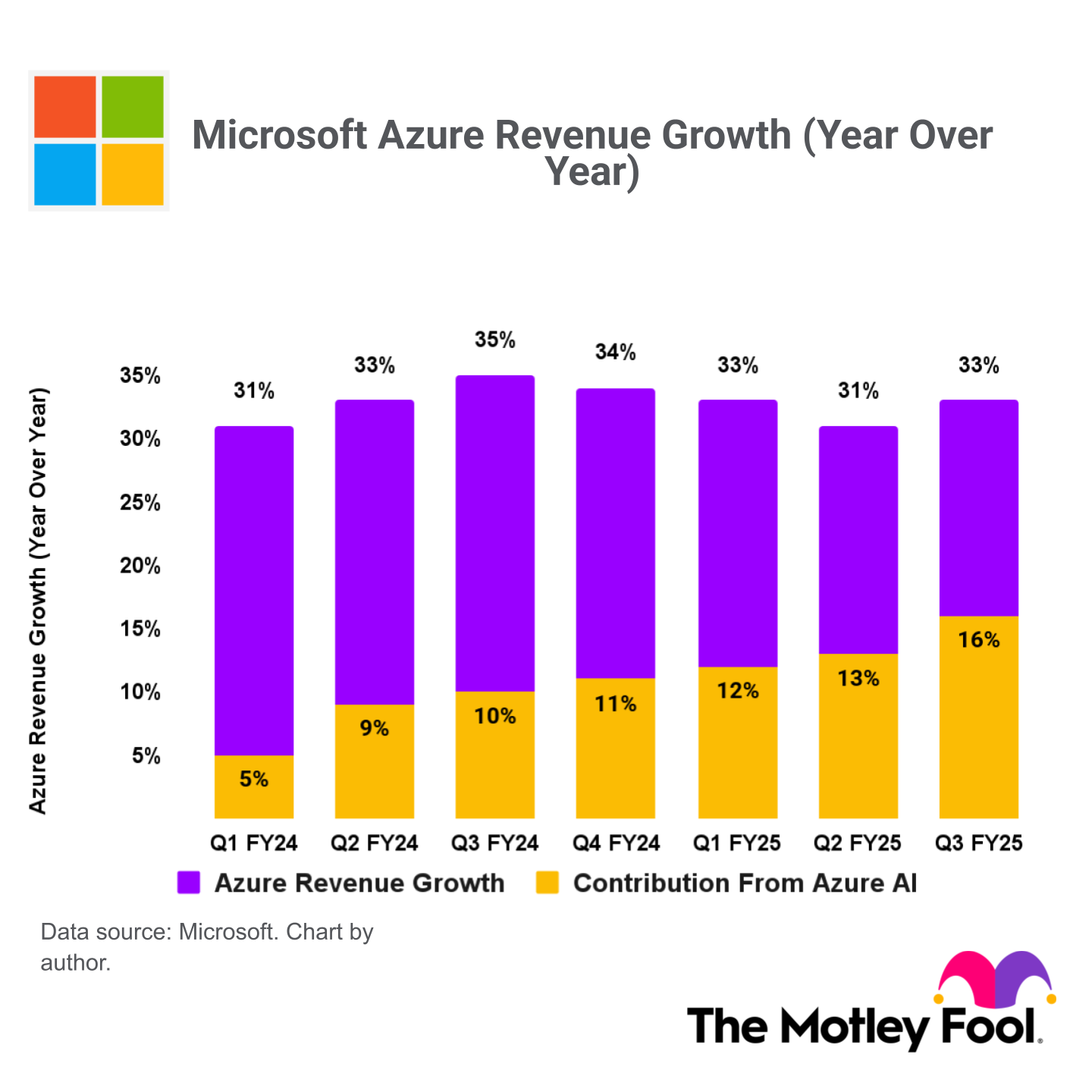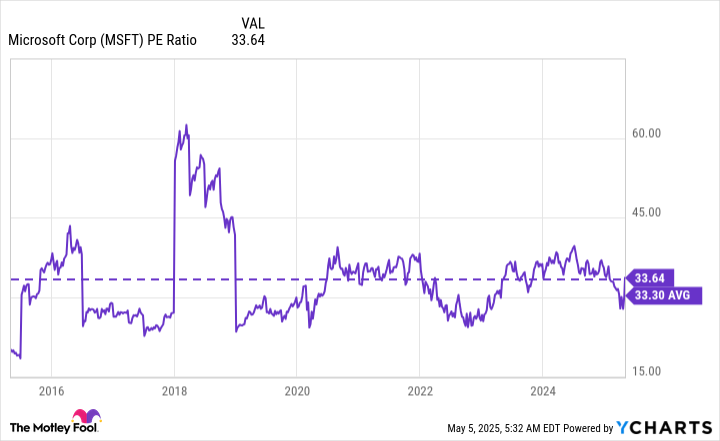A last-minute attempt to push implementation of Colorado’s groundbreaking artificial-intelligence regulations back to the start of 2027 failed late Tuesday, seemingly guaranteeing that state officials will work through summer and fall to try to fix perceived problems with the rules.
Senate Majority Leader Robert Rodriguez, who sponsored the bill creating the regulations last year and then chaired a task force designed to improve them after the session ended, surprised many by killing a bill Monday to roll back some of the strictest rules. Rodriguez negotiated the bill with business and consumer advocates but expressed frustration when they couldn’t find consensus on how to proceed, so he decided to ditch the compromise and proceed with the existing Feb. 1 date for implementation of the regulations.
Few seemed more surprised by Rodriguez’s action than Gov. Jared Polis, who assembled the task force and promised leaders in the AI sector that changes would be made to the initial rules, which some companies say threatens their ability to do business in Colorado. He — along with several prominent federal, state and local officials — wrote to legislators late Monday afternoon imploring they find some way to extend the implementation date to 2027 to give state officials time to come up with a better set of rules.
Scrambling began not long before midnight
At roughly 10:30 p.m. Tuesday, as the Colorado House was set to debate a seemingly unrelated bill clarifying the attorney general’s responsibilities regarding discovery requests, Rep. William Lindstedt moved to amend the title of that bill and add a provision pushing implementation of AI rules back to January 2027. Lindstedt, declaring that “cooler heads must prevail,” said it was vital to give officials time to negotiate a fix to the rules and implied that if legislators didn’t take such action on the next-to-last day of the 2025 session Tuesday, they could be called back to special session.
“We have heard from school districts, businesses, higher education, even our congressional delegation that we need to get this right. And we failed to do that this year,” Lindstedt said. “We need to have a delay so we can get these regulations right, so people don’t lose their jobs … I don’t want to be back here later this year having this discussion.”
Colorado state Rep. William Lindstedt introduces an amendment Tuesday that set off a frenzied 90 minutes of maneuvering in the House.
The letter Polis sent Monday was signed also by Denver Mayor Mike Johnston, U.S. Reps. Joe Neguse and Brittany Pettersen and the two Democrats running to succeed the term-limited governor next year, U.S. Sen. Michael Bennet and Attorney General Phil Weiser. A pause in implementation was needed to let business and consumer advocates collaborate on a “balanced, future-ready framework” that doesn’t drive business from the state, it read.
Sponsor of artificial-intelligence rules works to block move
But Lindstedt’s effort was met by resistance from Rep. Brianna Titone, the Arvada Democrat who cosponsored the 2024 law and insisted that officials could still work through the off-season and have a bill ready by January to update the rules as needed. Titone railed against the interests she said were pushing to back implementation up by another 11 months, saying the tactic was a delay that would result in further delays and lead to giant tech companies continuing to rule the space without substantial oversight.
Titone and Rodriguez ran the 2024 bill, which set the most comprehensive AI regulations in the nation, because consumers are scared about AI and its potential to discriminate against them in consequential decisions like hiring or medical actions, she said. The bill requires developers of AI systems to disclose how the systems were “taught,” notify consumers when AI is making consequential decisions and offer appeals processes to affected consumers, among other things.
Backers of Lindstedt’s effort raced to get the bill preliminary approval by midnight, knowing that it otherwise would die procedurally, as it required preliminary approval Tuesday and final approval on the session’s last day Wednesday. Titone, meanwhile, talked for most of an hour and pushed several amendments to try to counter Lindstedt’s effort, hoping to run out the clock and see the bill and Lindstedt’s extension plan die.
Through a series of procedural moves, House leaders forced a vote after one hour that went Lindstedt’s way, but they couldn’t stop Titone and fellow Democratic Rep. Yara Zokaie of Fort Collins from offering a second set of “committee of the whole” amendments. While Titone leisurely discussed the third of those “COW” amendments, the clock struck midnight, and the bill died.

Colorado state Rep. Yara Zokaie, D-Fort Collins
What a Feb. 1 go date for artificial-intelligence regulations means
Titone said that failure to extend the deadline simply will make people work harder over the offseason to come to a compromise and get a bill with new AI regulations ready for introduction when the 2026 legislative session begins on Jan. 14. She expressed frustration that only after Rodriguez killed his bill did leaders in the AI sector hit the panic button and call legislators to tell them that the onerous rules from the 2024 law could force companies to move operations outside the state to locations without unworkable regulations.
“They have had a lot of time already to figure out what they have to do to comply with this bill,” Titone said. “If we continue to give them more and more time, they’re going to try to repeal the law because there’s a lot of profits to be made that way.”
Industry leaders such as TechNet have said that state leaders need to narrow the appeals process so that companies don’t have to respond in depth to every consumer complaint and need to better define what is a “consequential decision” governed by regulations. They also need to give AI developers and deployers a reasonable amount of time to cure problems alleged by consumers — Rodriguez’s fixup bill allowed just seven days — and need to better define safe-harbor terms to offer companies regulatory consistency.
It’s unclear exactly what Polis and his business allies could do further to try to extend the compliance deadline beyond Feb. 1, a date that would seem to prompt Weiser to begin rulemaking shortly to meet that deadline. Titone, who served as vice chair of the task force last year, suggested that legislative body could begin meeting again to try to find the consensus that so far had eluded its members.














